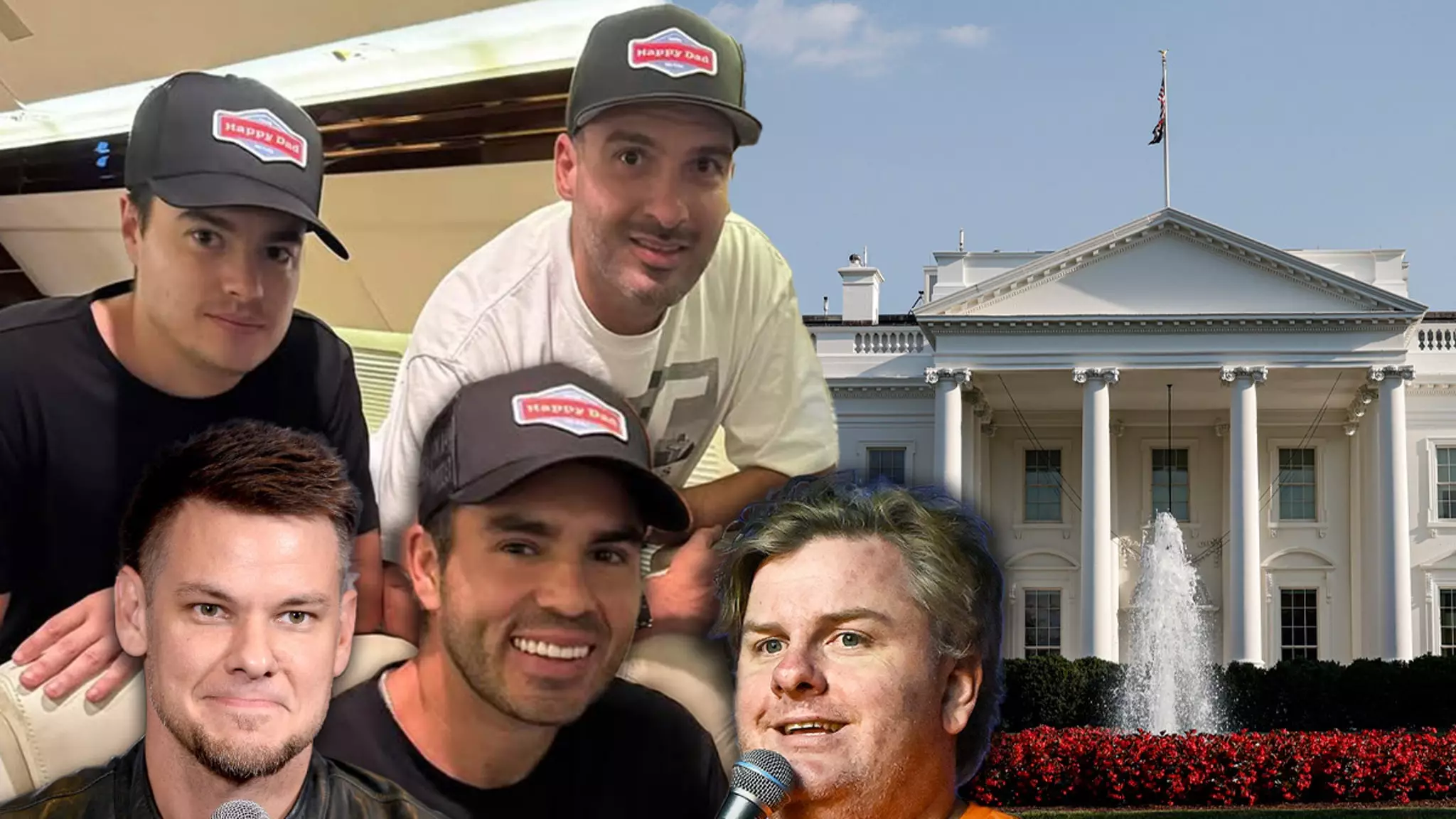In an age where traditional news outlets seem to struggle for relevance, the emergence of alternative media platforms, particularly podcasts, holds immense potential. John Shahidi, a media mogul best known for managing popular podcasters like Theo Von and the Nelk Boys, believes this burgeoning trend can redefine how political communications occur in the United States. With Donald Trump’s recent consideration to incorporate podcasters into the White House Press Briefing room, we are witnessing a possibly transformative moment in American political media.
The election cycle saw Trump tapping into the podcasting world with remarkable success, effectively captivating a younger demographic that increasingly eschews conventional news outlets. John points out that many young voters, particularly men, consume information through podcasts that resonate more with their lifestyles than traditional media ever could. By integrating content creators into the briefing process, Trump can maintain engagement with this crucial audience that largely feels disconnected from the mainstream media narrative.
This strategic move could bolster Trump’s communication efforts by using the influence of well-recognized podcasters to spread his message in a way that feels more authentic to young listeners. It is a seamless alignment of a new era of media consumption with political engagement.
Shahidi’s concept involves establishing a designated area within the White House for podcasters, who would not only bring a fresh perspective to briefings but also attract a unique audience. With only 49 seats in the traditional press briefing room and the White House Correspondents Association managing those spots, the proposal allows for the inclusion of new voices that represent a growing segment of the population. Shahidi envisions a separate space where influencers like Adin Ross and Andrew Schulz can interact with the administration while maintaining the integrity of both the press and their platforms.
The inclusion of podcasters not only reshapes the media landscape but also creates a dynamic where traditional journalists may need to adapt or evolve their strategies. The very presence of non-traditional media figures may prompt established journalists to rethink their engagements and approach to covering events from the White House.
Despite the potential pushback from mainstream news organizations, Shahidi appears unfazed by the prospect of upsetting the status quo. He emphasizes that mainstream media’s longstanding dominance could be giving way to a diversified media environment, one where authenticity and relatability play pivotal roles. It is increasingly evident that younger consumers are drawn to voices that resonate with their experiences, often preferring the conversational style of podcasts that reflect their own lives and interests.
As Trump and Shahidi explore this innovative approach to White House communications, the implications could reach far beyond just press briefings. It represents a broader trend in which political discourse, audience engagement, and media consumption are evolving together. This could redefine how politicians connect with the electorate, marking a substantial shift towards inclusivity in the media landscape. Pods may not only be for entertainment anymore; they are gearing up to shape the narrative of our political future.

